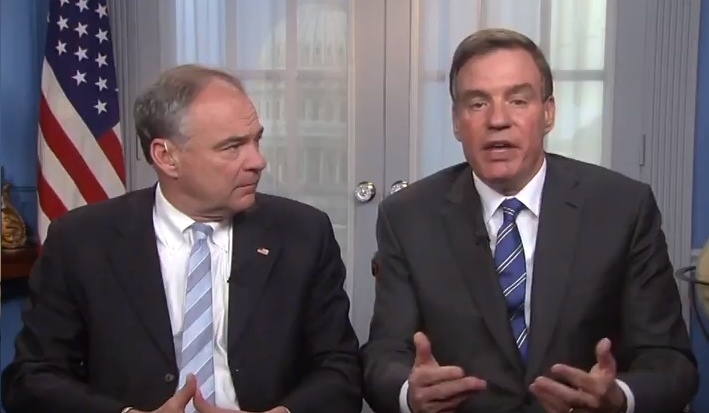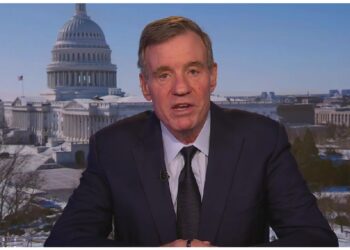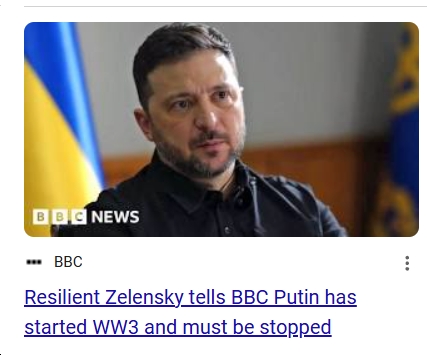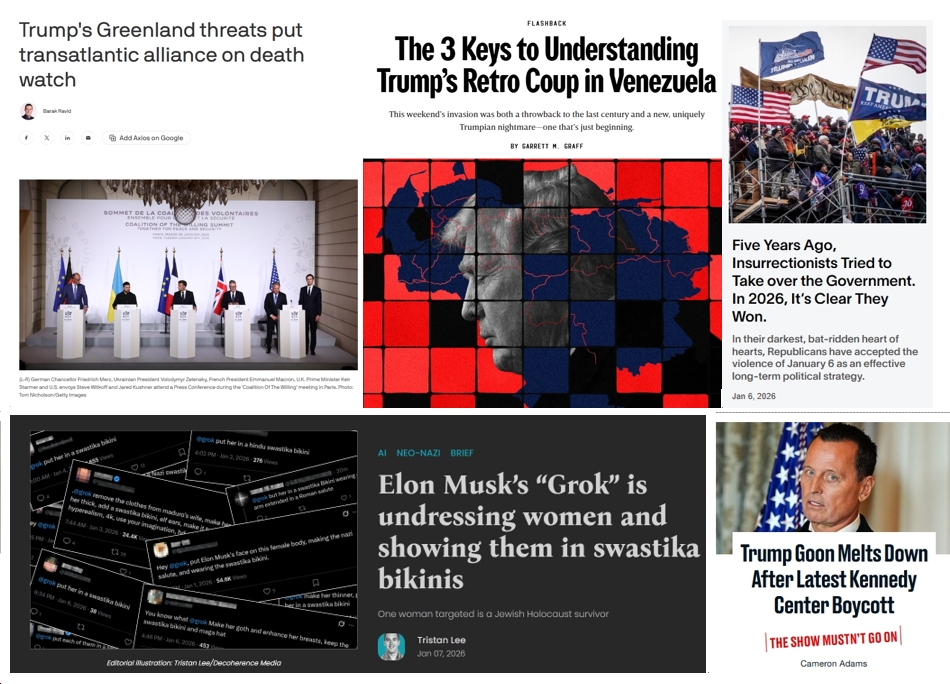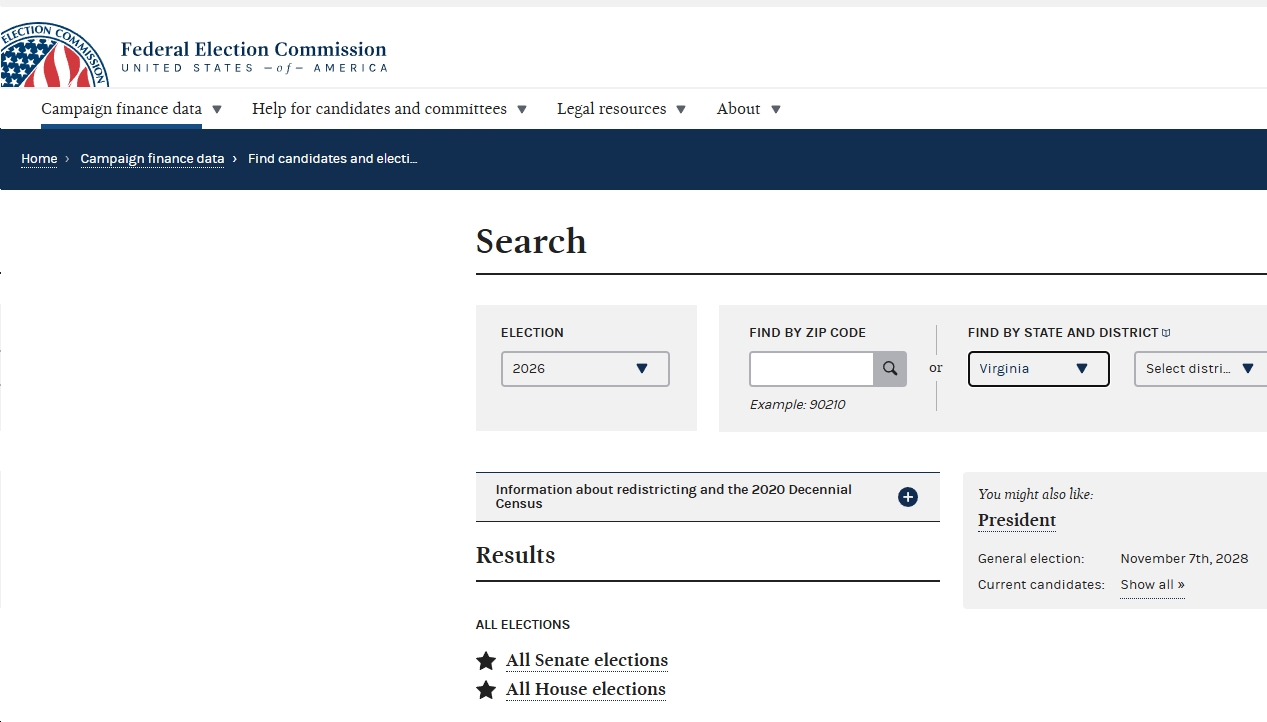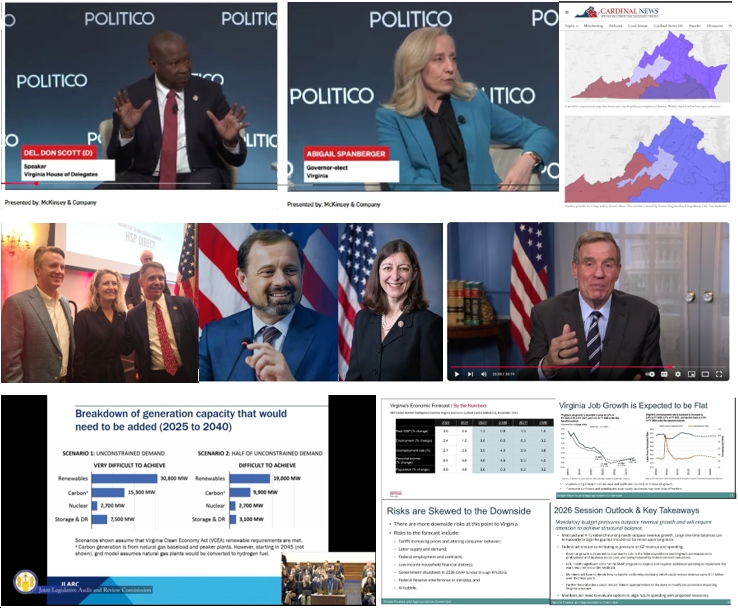From Rep. Mark Warner’s office:
INTELLIGENCE COMMITTEE CHAIRMAN MARK R. WARNER DISCUSSES NATIONAL SECURITY CHALLENGES ON MSNBC’S MORNING JOE
WASHINGTON – Today, U.S. Sen. Mark R. Warner (D-VA) appeared on MSNBC’s Morning Joe to discuss the latest developments on the war in Ukraine as the winter months approach, and the impact of the war on global energy prices.
On the current status of the Ukraine war:
“Things [for Russia] are not going to get better. And I think this is why, you know there are a lot things that I disagree with the administration on, but moving us in concert with our European allies has been really important. The solidarity of NATO is really important. What happens next? We’re in uncharted territory. The next month between now and when the winter sets in in the middle of November, we hope the Ukrainians will be able to take Kherson and drive the Russian troops back across the Dnieper River, but it’s going to be a wild few weeks.”
On additional aid to Ukraine:
“I think we should send more anti-missile defense weapons, but I do think that we’ve got to walk this careful line where you don’t give carte blanche to the Ukrainians to have additional strikes into Russia itself. And at the same time, you’ve got to not get so ahead of the Europeans that they all of a sudden say, okay, America, you put up $65 billion, we’re going to make you carry the whole burden. So I do think this is a navigation of a very, very challenging time. And on this one, I give the administration high marks.”
On the impact of Saudi Arabia’s decision to cut oil production:
“I’m as angry at Saudi Arabia and their irresponsibility as anyone. But I think even as you guys said on this show yesterday, you know, the truth is, certain areas, obviously, we have huge conflicts with Saudi Arabia — but in other areas, as a counterbalance to Iran, in terms of being an ally over many decades. We’ve got to sort this through in a way that puts pressure on the Saudis, but does not drive them more into the Russia camp. One of the things I think would be, you know — and I don’t think this would mean backing off from our climate change goals — but if we can replace some of those fuel sources coming out of the Middle East with American fuel sources, particularly as we transition to cleaner energy generation, I think that’s good national security, that’s good economic security, and it would be a tangible pushback against the Saudis.”
******************
Video of Sen. Warner’s interview on Morning Joe can be found here. A transcript follows.
MSNBC’s Morning Joe
MIKA BRZEZINSKI: Well, joining us now, Democratic Senator Mark Warner of Virginia. He’s Chairman of the Senate Intelligence Committee, and to Willie’s point, Senator, we were talking earlier with Admiral Kirby about this. It seems Vladimir Putin has been in a corner, and everyone talks about what the off-ramp is, how this ends. Obviously, most people would like this to end with Russia moving back out of Ukraine. And yet he continues to push himself more into a corner, almost without — indiscriminately, without any thought for himself about an off-ramp, with a war that is going terribly for him. How do you deal with a leader that doesn’t seem to care that he’s in a corner?
U.S. SEN. MARK WARNER: Carefully. You know, this is a guy that’s been an autocratic leader for 20-plus years. In the COVID environment, his number of advisers he’s talking to gets smaller and smaller. You’ve seen not only the Russian military perform horribly on the field, you have seen a united West. You’ve seen NATO and our allies in Asia, all stand up against him. And now with this conscription, you know, what’s not — what’s gotten some public reporting, but Russia has lost over 200,000 military-aged men, exiting the country.
BRZEZINSKI: More people leaving —
SEN. WARNER: Than being conscripted. So how he maintains that, the attacks, nobody is attacking the boss yet, nobody is attacking Putin, but the folks around the boss, some of his military advisers, they’re under constant assault as well, from within Russia.
BRZEZINKSKI: But that seems dicey, too.
JOE SCARBOROUGH: So what scares you the most about a cornered Vladimir Putin? Because things are not going to get better for Russia.
SEN. WARNER: Things are not going to get better. And I think this is why, you know there are a lot things that I disagree with the administration on, but moving us in concert with our European allies has been really important. The solidarity of NATO is really important. What happens next? We’re in uncharted territory. The next month between now and when the winter sets in in the middle of November, we hope the Ukrainians will be able to take Kherson and drive the Russian troops back across the Dnieper River, but it’s going to be a wild few weeks.
SCARBOROUGH: Any suggestion that when winter comes, when things freeze in place, that negotiations can begin?
SEN. WARNER: Again, I think there’s some speculation. Is there a fully thought-through plan? Absolutely not. And again, with every Ukrainian success, frankly, the maneuverability of Zelensky, the Ukrainian president, gets mitigated, as well.
BRZEZINKSI: And you say it’s going to be a wild few weeks.
SEN. WARNER: Because once you get mid-November, at least for the next few months, because of the winter, it will — troops will freeze in place in a sense, and then we’ll see also some of the ramifications of, will the Europeans stay strong when their energy costs go through the roof this winter? One of the reasons why, frankly, it would be good national policy as well as economic policy, we ought to continue to make sure that American oil and gas are in this mixture – and why we need to go ahead and revisit permitting reforms, so that particularly in terms of American natural gas, we can supply that supply, rather than counting on friends, or not-so-good of friends in the Middle East.
SCARBOROUGH: Jonathan Lemire is in New York and has a question for you. I hope he has a question for you.
JONATHAN LAMIRE: Senator Warner, good to see you. There’s been a debate in Washington, as you well know, for several months about the U.S. sending enough weapons to Ukraine to defend itself, but not so much that it could perhaps escalate the war with incursions or attacks deep into Russia. In the wake of what happed over the weekend, U.S. officials are saying, hey, we’re going to send more defense weapons, but still seem to hesitate going further than that, despite Kyiv asking for it. Where do you stand? What sort of weapons should the United States be sending?
SEN. WARNER: Jonathan, I think we should send more anti-missile defense weapons, but I do think that we’ve got to walk this careful line where you don’t give carte blanche to the Ukrainians to have additional strikes into Russia itself. And at the same time, you’ve got to not get so ahead of the Europeans that they all of a sudden say, okay, America, you put up $65 billion, we’re going to make you carry the whole burden. So I do think this is a navigation of a very, very challenging time. And on this one, I give the administration high marks.
WILLIE GEIST: Mr. Chairman, Let me ask you about one of your colleagues in the Senate, a fellow chairman of the Senate Foreign Relations Committee, Bob Menendez, on the topic of Saudi Arabia. Who after Saudi Arabia’s announcement of OPEC’s, OPEC plus’s handling of oil prices and the barrels of oil that they release or won’t release said basically, we need to freeze our relationship with Saudi Arabia, including arms sales. Says they’re underwriting Russia’s war. They’re backing Russia against Ukraine. Do you agree with him that we need to freeze our relations with Saudi Arabia?
SEN. WARNER: Listen, I’m as angry at Saudi Arabia and their irresponsibility as anyone. But I think even as you guys said on this show yesterday, you know, the truth is, certain areas, obviously, we have huge conflicts with Saudi Arabia — but in other areas, as a counterbalance to Iran, in terms of being an ally over many decades. We’ve got to sort this through in a way that puts pressure on the Saudis, but does not drive them more into the Russia camp. One of the things I think would be, you know — and I don’t think this would mean backing off from our climate change goals — but if we can replace some of those fuel sources coming out of the Middle East with American fuel sources, particularly as we transition to cleaner energy generation, I think that’s good national security, that’s good economic security, and it would be a tangible pushback against the Saudis.
SCARBOROUGH: And shouldn’t we have more — for national security purposes, and also, so we’re less dependent?
SEN. WARNER: Absolutely.
SCARBOROUGH: Shouldn’t we increase energy production in the United States, understanding, let me say to my friends, understanding, we’re in the middle of an energy transition right now. But we have the ability to be less dependent on Russia. To be less dependent on Saudi Arabia, to be less dependent on Venezuela. These people that are talking about, oh, we can’t drill at home, because it’s bad for the environment, let’s get dirty oil from Venezuela.
SEN. WARNER: Well the wild thing is, Joe, particularly, let’s go back to natural gas for a moment. We don’t even need to drill more if we simply utilize what we’ve already drilled. We’ve got to have the transmission capability to get that to places in our country, and frankly to be able to export to our European friends. You’re going to see costs, I’ve been told, in January in the UK, where an average home will get $5,000 per-year energy costs. Now, the British government will subsidize that, bring it back down to a reasonable number. But how long can any government do that with a very cold winter in front of them.
SCARBOROUGH: Let’s talk about China. How do they play into what’s happening right now in Russia.
SEN. WARNER: I think you’ve got the Chinese economic team, who are concerned about this alliance or friendship that has no bounds. I think Xi and Putin said.
SCARBOROUGH: It does have bounds.
SEN. WARNER: The personal relationship between these two autocratic leaders is a real challenge for all of us who live in democracies. I think the long-term challenge of our time, candidly is not Russia, but it is going to be China’s attempted to dominate technology field after technology field. We in this country have stepped up on semiconductors. We’ve pointed out the problems with Huawei in terms of next-generation wireless. I know my committee is taking a big look at synthetic biology and next generation energy generation, and making sure that we in our country maintain the technology edge. And that’s going to take the kind of investments perhaps in other domains the way we just did in semiconductors.
BRZEZINSKI: Chairman of the Senate Intelligence Committee, Democratic Senator Mark Warner of Virginia.

